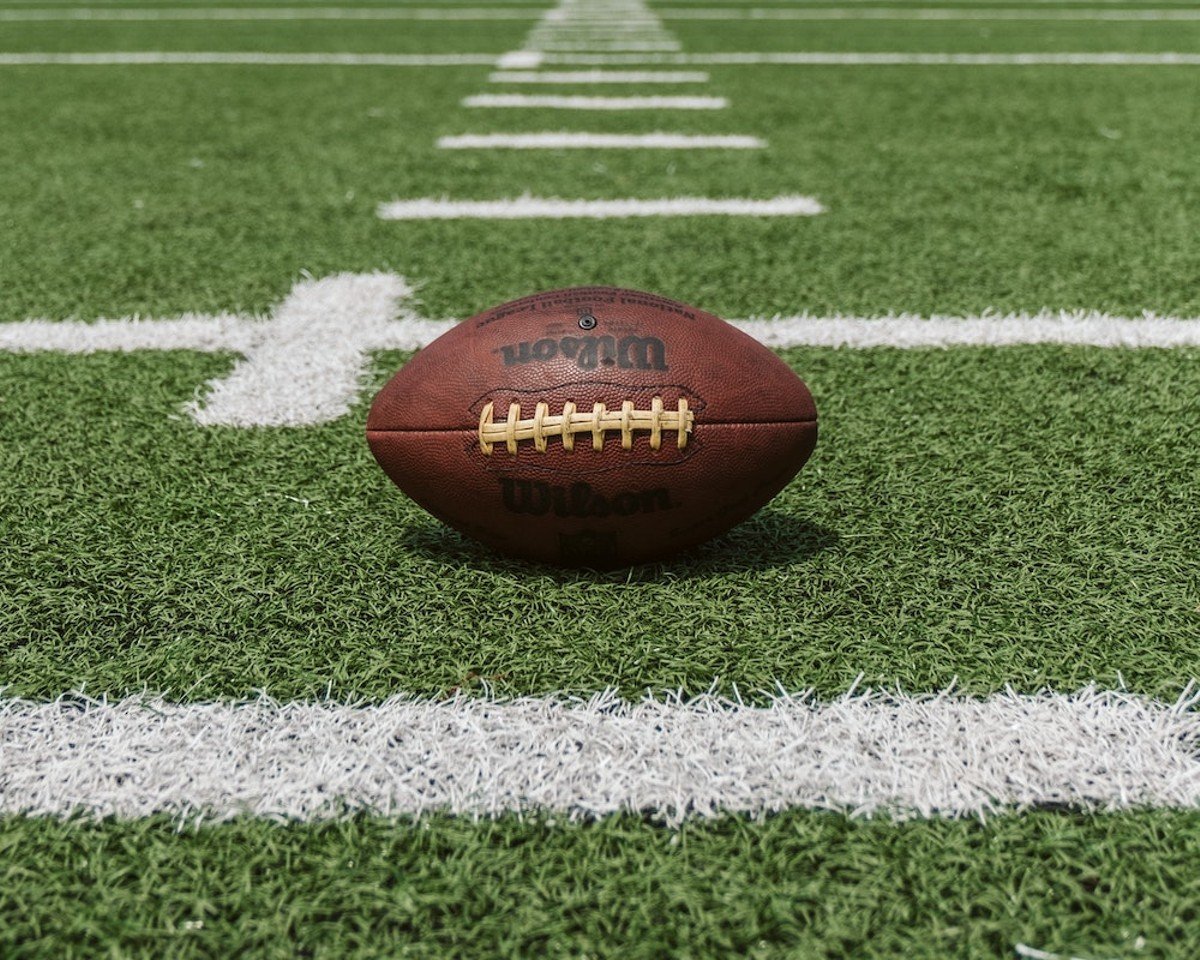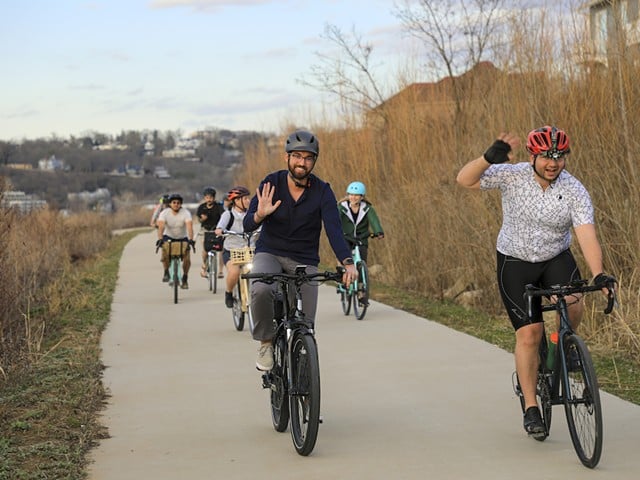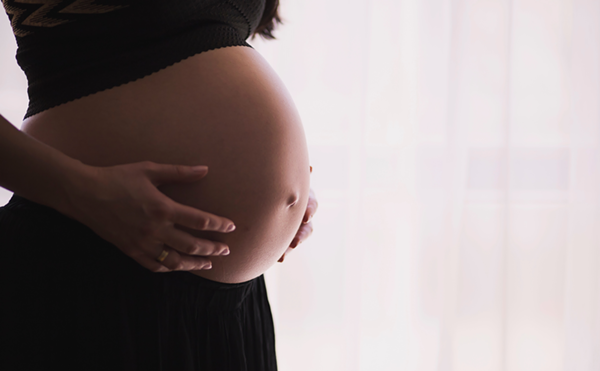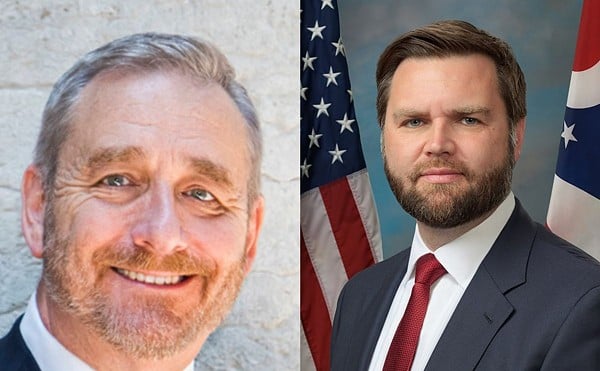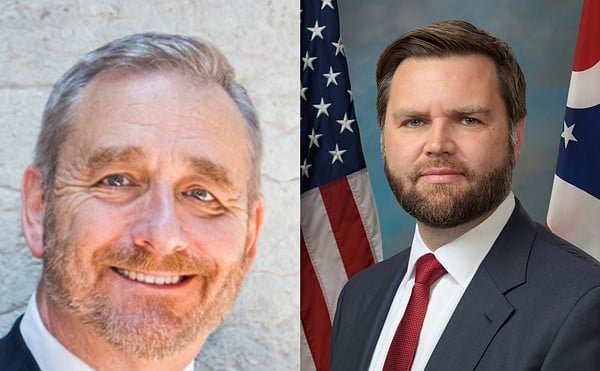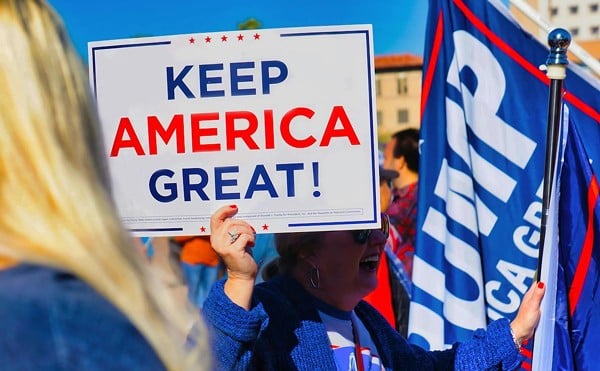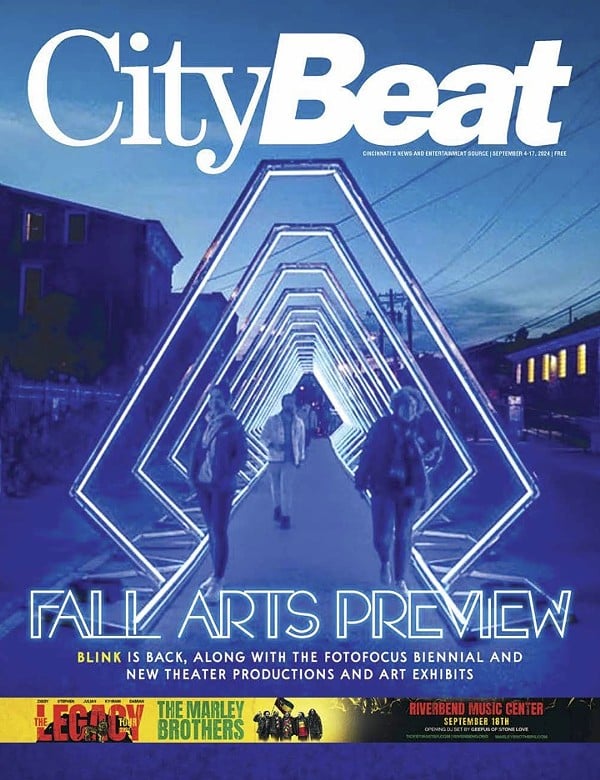College football season kicks off this weekend in Ohio and a pair of Republican lawmakers are trying to get rid of gray areas in the state’s name, image and likeness (NIL) law.
State Reps. Adam Mathews, R-Lebanon, and Jay Edwards, R-Nelsonville, announced Wednesday they will introduce a bill that would update Ohio’s NIL law.
“This legislation is designed to bridge the gap between the collective and our state universities by allowing the universities to work directly with the participants in the process of paying student athletes and also allow the universities to work directly with the organizations that are working in the NIL realm,” said Edwards, who played football at Ohio University. “We’re trying to free that up. It’s kind of in a gray area.”
The bill also says a student-athlete can have an agent or lawyer review their contracts for compensation.
Student-athletes have been able to make money through endorsement deals with companies and third-party entities since 2021 after the United States Supreme Court unanimously ruled the NCAA was not legally allowed to limit any education-related payments to students. The NCAA deferred to states, letting them come up with their own NIL rules.
Ohio Gov. Mike DeWine signed an executive order in June 2021 that allowed student-athletes to benefit from their own name, image and likeness with endorsements and other deals. This allows Ohio college athletes to hire agents, but could not endorse alcohol, tobacco, adult entertainment, or casinos.
“Our universities should not have to jump through these extra hoops that they’re having to jump through to ensure that our athletes are receiving the compensation that they deserve,” Edwards said. “This bill … it’s designed to support the student-athlete. … Our goal is to continue to allow our universities to compete in this new, ever expanding world of NIL.”
There is currently a legal gray area between the collectives and the universities, Mathews said.
“That puts student-athletes in a really odd situation,” he said.
Edwards said that could lead to a potential problem in the middle of a player’s season.
“I can see a moment down the road or in the near future, where we find one of these athletes or one of these businesses or the institution itself, in one of these gray areas, and a lawsuit happening,” he said. “We’re trying to simplify this by saying what is legal, what is not legal, and allow for some of these opportunities without this gray area existing.”
When asked for a specific example of a legal gray within the currently existing NIL law, Edwards and Mathews were unable to give one.
“I don’t have a direct example that I can give you,” Edwards said. “I’m sure there are plenty of examples that exist. You might have a business owner who wants to do something with an athlete. An athlete walks in their front door, they think they can do something right then and there. We’re trying to simplify that.”
He said specific examples will likely come up during committee hearings on the bill, which has yet to be assigned a committee. The Ohio lawmakers are on a break and won’t return until after the November election.
The lawmakers said colleges and universities are waiting to weigh in on the bill until it gets to the committee process.
Ohio State football players received about $20 million in NIL compensation over the past year, according to The Columbus Dispatch.
This piece of legislation comes three months after the NCAA and the nation’s five biggest conferences agreed to settle antitrust claims, opening the doors for a possible revenue-sharing model that could start giving millions of dollars directly to student-athletes as soon as next fall.
However, the settlement is not yet final. It still needs to be approved by U.S. District Judge Claudia Wilken, who will hold a hearing next week to evaluate whether to grant preliminary approval.
This story was originally published by the Ohio Capital Journal and is republished here with permission.

